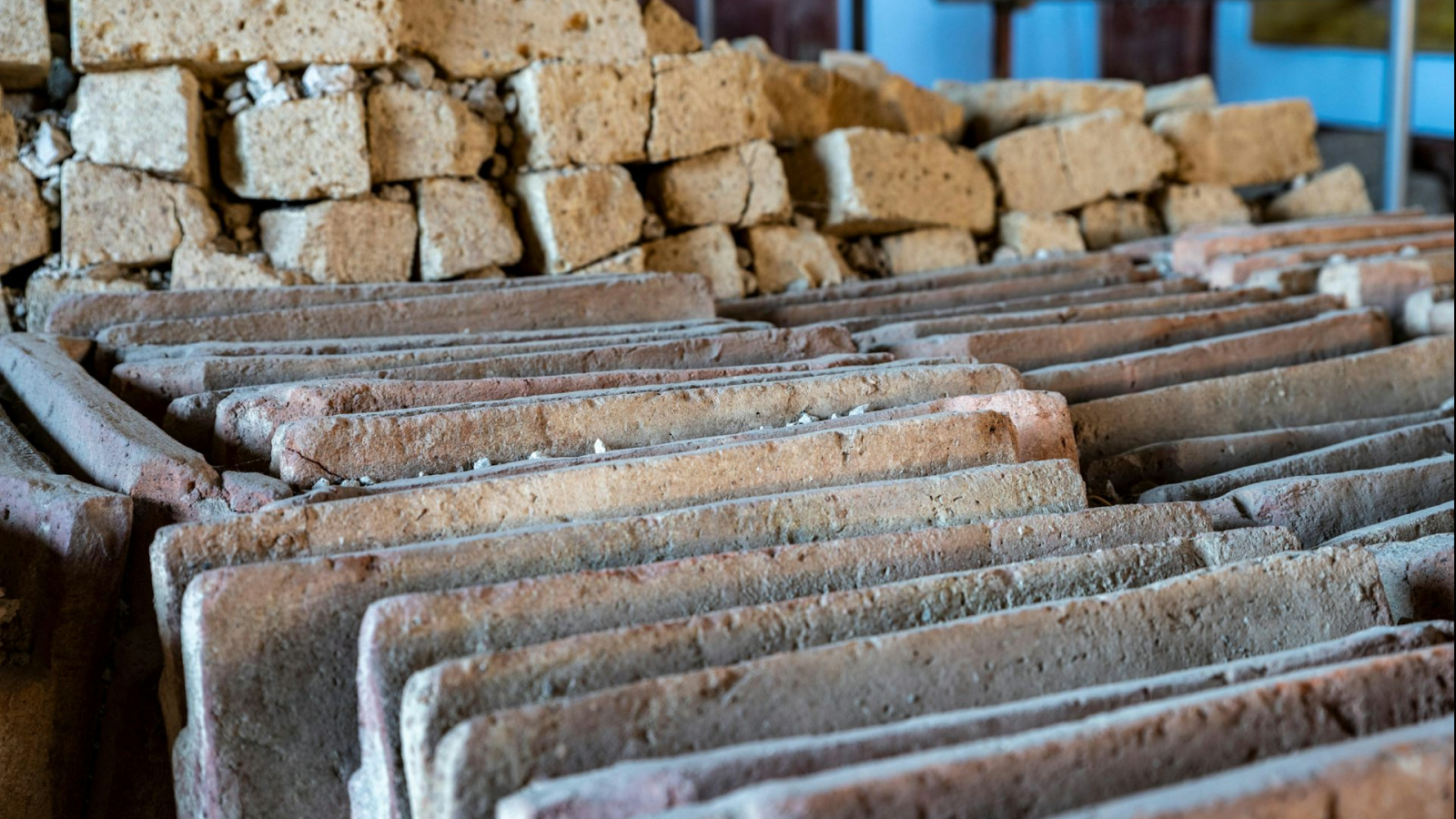Is This 1949 Device the World's First E-Reader?

Spain in 1949 was a stagnant European backwater. The economy was moribund, dictator Francisco Franco had political opponents jailed or killed, women were unable to testify in court — and the world's first automated reader, precursor to today's e-readers, was invented by a woman named Angela Ruiz Robles.
The reader, which she named the Mechanical Encyclopedia, according to the Daily News, operated on compressed air. Text and graphics were contained on spools that users would load onto rotating spindles. The spools and other inserts were housed within a hard metal case with a handle.
Robles hoped her Mechanical Encyclopedia would be easier for schoolchildren to carry than several books; she also believed the invention would make reading more accessible for all, the Daily Mail reports. In that sense, it has much in common with today's Kindles, Nooks and other e-readers.
Born in 1895, Robles was a teacher, writer and lecturer for most of her life. A married mother of three, she died in 1975.
Though she tried for years to get a patent on her innovative 1949 device, Robles never succeeded. "The implementation of all the specifications of the invention was impractical," said Maria Jose Rodriguez Fortiz, language professor at the University of Granada, as quoted in the Daily News.
"In her later years, Angela tried to resurrect the project, when everything was technologically viable," she said. "But she did not manage to secure public or private funding."
Nonetheless, a working prototype is now considered an important part of the National Museum of Science and Technology in La Coruna, Spain. "It is easy to see that there are very few women who have dared to enter their ideas for inventions and innovations," said museum director Ramon Nunez, as quoted in the Daily News.
Get the world’s most fascinating discoveries delivered straight to your inbox.
Follow LiveScience on Twitter @livescience. We're also on Facebook& Google+.



